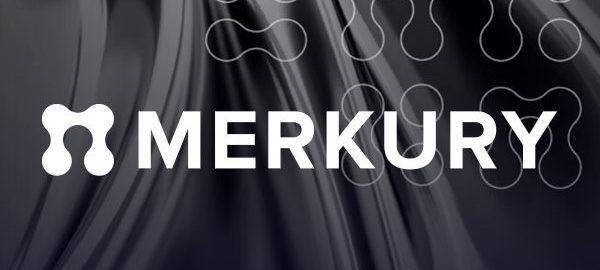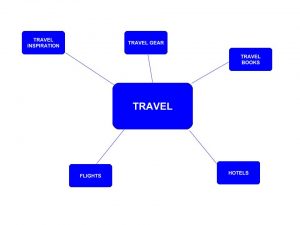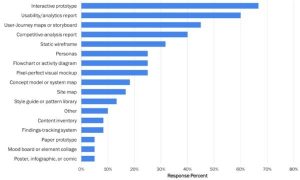Dentsu Will Use AI To Reverse Engineer Entire Media-Planning Process

AI supports processes ranging from the brief to audience development and planning, but with help from artificial intelligence (AI) Dentsu will do more.
The company plans to re-engineer the media-planning process and allow its developers to build in features that back-step through each process. This will allow strategists to ask one question and, in return, receive answers focused on each step of the process.
The idea is to ask one question and get solutions to optimize “every step,” says Akash Jairath, global head of media products at Dentsu. “You have this brief based on everything you have run. It will show you how things can be adjusted.”
He says audiences are built and questions are asked, with answers showing how to best optimize each process — from creative to media strategies and media buying.
In the future, Merkury will inform each part of the strategy, including insights on creative.
Dentsu’s Merkury — a global data, identity, and insights platform — has been around for several years, but Merkury for Media launched in March, combining many capabilities across markets.
Ad servers and demand-side platforms today make thousands of complex decisions per second, such as determining the probability of a click or purchase based on time and day of a webpage visit.
Peter Day, CTO at Quantcast, a demand-side platform (DSP), believes AI has been the key in tackling the complexity experienced in media buying, planning and budgeting.
It’s a move away from simplified ad-targeting techniques supported by cookies and human-driven decisions such as whether or not to optimize and serve an ad based on a specific audience segment, and toward automation from the beginning to the end of the process.
“It’s naive to rely on third-party cookies,” Day said. “We will see a smaller and smaller portion of ad inventory relying on cookies, and Google will go the way of Apple’s strategy in time.”
The majority of available advertising impressions do not use third-party cookies today, and Day does not see that process being reversed.
“AI has been a godsend during the past five years,” Day said. “It’s simply not possible to take the old constructs and simplify it for marketers.”
The adoption of AI has made the transition away from third-party cookies and toward automation possible, and has strengthened integrations such as Quantcast’s partnership with Dentsu’s Merkury.
Dentsu’s partnership with Quantcast, available in five markets, gives clients access to more than 10,000 custom consumer data attributes to build audience profiles and apply AI to identify the most relevant consumers based on millions of online data signals across CTV, desktop, and mobile devices. It eases the complexities of modern-day advertising and fuels the next step in media buying and planning.
Broad datasets that might include media-consumption behavior through Merkury can validate an audience. It’s unlikely that a marketer could reach success by being very specific first, such as targeting fashion-conscious millennials with a substantial disposable income.
Broad matches help to evaluate all types of media opportunities, and it then makes it easier to fine-tune the hypothesis.
(9)







